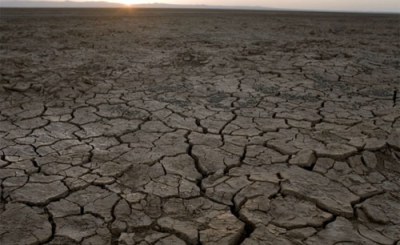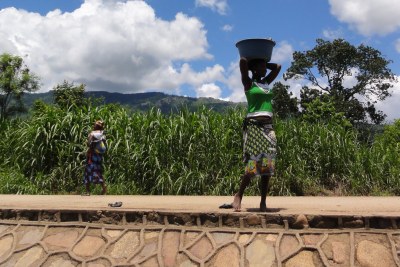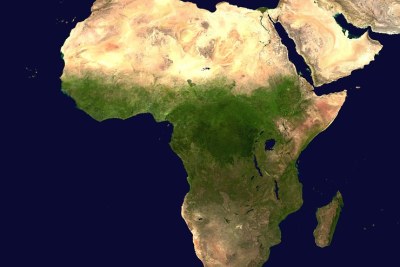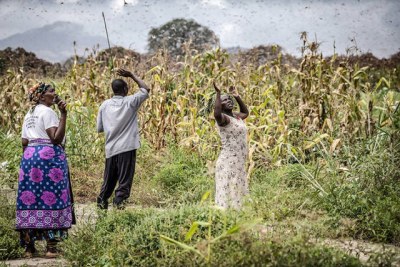-
West Africa: Bringing Dry Land in the Sahel Back to Life
UN News, 23 January 2022
Millions of hectares of farmland are lost to the desert each year in Africa's Sahel region, but the UN Food and Agriculture Organization (FAO) is showing that traditional… Read more »
Bringing Dry Land in the Sahel Back to Life #AfricaClimateCrisis
Millions of hectares of farmland are lost to the desert each year in Africa's Sahel region, but the UN Food and Agriculture Organization (FAO) is showing that traditional knowledge, combined with the latest technology, can turn arid ground back into fertile soil.
Farming in the Sahel region of Africa isn't easy. It's an area that suffers from degraded soils, erratic rainfall and is often subject to long periods of drought. For that reason, farmland is often very hard, making it difficult for farmers to plant seeds and for crops to flourish. But new technology can reduce this burden for farmerand help restore land for future generations.
Those trying to grow crops in the Sahel region are often faced with poor soil, erratic rainfall, and long periods of drought. However, the introduction of a state-of-the art heavy digger, the Delfino plough, is proving to be, literally, a breakthrough.
The Delfino creates large half-moon catchments ready for planting seeds and seedlings, boosting rainwater harvesting tenfold and making soil more permeable for planting than the traditional - and backbreaking - method of digging by hand.
Africa is currently losing four million hectares of forest every year for this reason, yet has more than 700 million hectares of degraded land viable for restoration. In Burkina Faso and Niger, the target number of hectares for immediate restoration has already been met and extended thanks to the Delfino plough. In Nigeria and Senegal it is working to scale up the restoration of degraded land.
Video
-
14 April 2021
Action Against Desertification – Delfino Ploughs for Land Preparation and Landscape Restoration
- Author:
- Food and Agriculture Organization of the United Nations
- Publisher:
- Food and Agriculture Organization of the United Nations
- Publication Date:
Action Against Desertification is an initiative of the African, Caribbean and Pacific Group of States (ACP) to restore drylands and degraded lands in ... see more »
InFocus
-
Africa needs to prepare better for climate change by responding to a wide range of potential risks, a multi-agency report led by the UN World Meteorological Organization says.The ... Read more »
-
The change in climate and weather patterns is precipitating a rapid spread of the Sahara Desert, encroaching into lands and engulfing huge lakes, according to climate scientists. ... Read more »
-
A scramble for scarce resources, such as land and water, exacerbates conflicts across Africa. Conflict and climate extremes cause food insecurity. When a deadly virus spreads, ... Read more »

The Delfino plough creates half-moon shapes across the landscape to catch water for planting seedlings and restoring land





